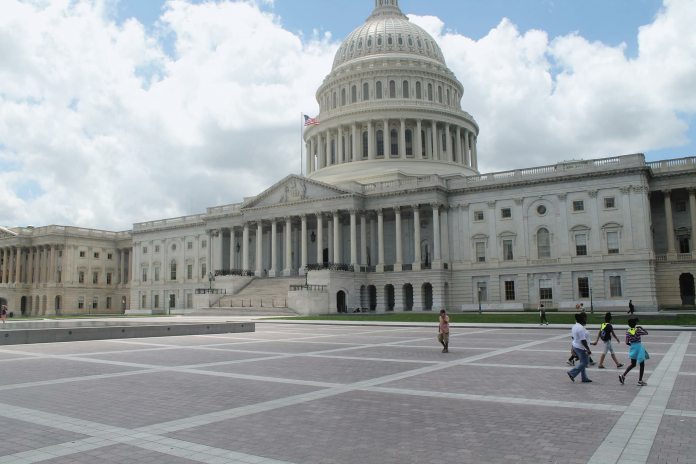Two US senators, Elizabeth Warren (D-MA) and Lindsey Graham (R-SC), have proposed the creation of a new federal agency to regulate tech companies such as Amazon, Google, and Meta. The agency, which would be called the Digital Consumer Protection Commission (DCPC), would be responsible for licensing and policing the nation's biggest tech companies to prevent online harm, promote free speech and competition, protect privacy, and safeguard national security.
The DCPC would be modeled after the Federal Trade Commission (FTC), but it would have more authority to regulate tech companies. For example, the DCPC would be able to set rules for how tech companies collect and use personal data, and it would be able to investigate and punish tech companies for violating those rules. However, it would not replace the FTC but will instead work alongside the broader regulator.
“For too long, giant tech companies have exploited consumers' data, invaded Americans' privacy, threatened our national security, and stomped out competition in our economy,” Warren said in a statement. “This bipartisan bill would create a new tech regulator and it makes clear that reining in Big Tech platforms is a top priority on both sides of the aisle.”
The proposal for the Digital Consumer Protection Commission Act is the latest in a series of efforts by Congress to regulate Big Tech. In recent years, there have been a number of antitrust investigations into tech companies, and there have been calls for Congress to break up some of the biggest tech companies. An agency such as the DCPC would be a new way for Congress to regulate tech companies, and it would give the government more power to rein in the power of Big Tech.
Clamping Down on Big Tech
This bill comes amid growing concerns about the dominance and influence of big tech companies in various sectors of the economy and society, such as online advertising, e-commerce, social media, cloud computing, and artificial intelligence.
“Enough is enough. It's time to rein in Big Tech,” Graham and Warren wrote in an op-ed in the New York Times Thursday. “And we can't do it with a law that only nibbles around the edges of the problem. Piecemeal efforts to stop abusive and dangerous practices have failed.”
The bill is one of several legislative proposals that have been introduced in Congress to address the issues raised by big tech platforms. Some of these proposals include breaking up or limiting the size of these companies, imposing stricter privacy rules, requiring more transparency and accountability, and giving users more control over their data and content. It remains to be seen whether any of these proposals will gain enough bipartisan support to become law.
Last Updated on July 31, 2023 2:21 pm CEST by Luke Jones






